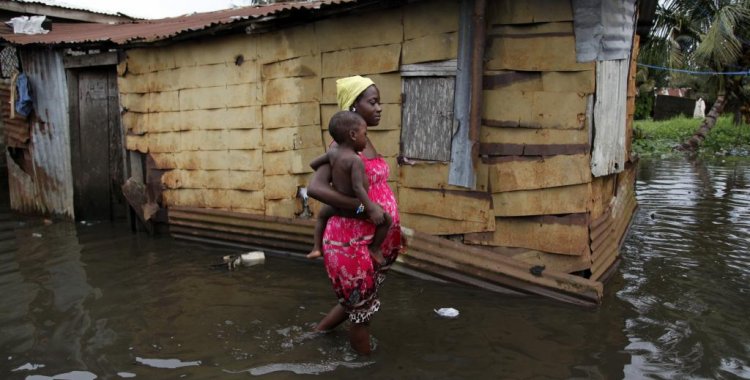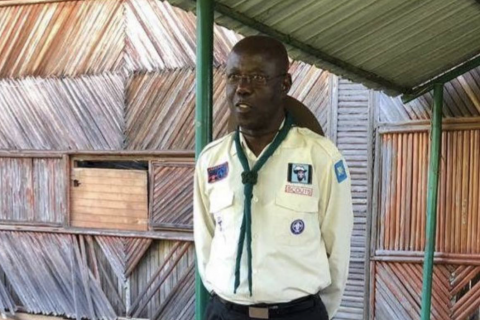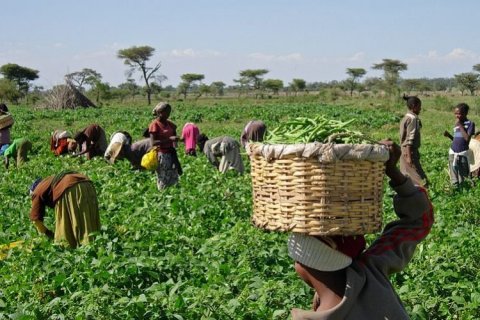According to the commission's coordinator, the minister of the interior, Eugénio Laborinho, from August 2019 to the present date, the rains destroyed 12 churches and four bridges and left 1145 houses partially destroyed, with 975 houses still being flooded.
The data presented this Thursday at the first meeting of the National Commission for Civil Protection also show that 12 of the country's 18 provinces were affected: Luanda, Bié, Benguela, Huambo, Kwanza Norte, Kwanza Sul, Lunda Norte, Lunda Sul, Malanje, Namibe, Uíje and Zaire.
Eugénio Laborinho said the rains are also causing ravine problems in Lunda Norte, Lunda Sul, Uíje, Zaire, Moxico, Cuando Cubango, Malanje and Bié, where "they are progressing in a frightening way, threatening the cutting of road traffic, destruction of infrastructure, as well as the development of these localities".
The coordinator of the National Civil Protection Commission also addressed the issue of severe drought, which the country experienced in 2019 in the southern part, namely in the provinces of Cunene, Huila, Namibe, Cuando Cubango, part of Kwanza Sul and Benguela, affecting 1,789,376 people and 2.3 million head of cattle and 1.2 million goat and sheep, resulting in the death of 30,823 animals.
According to Eugénio Laborinho, the drought situation has reached "alarming outlines" in the affected regions, especially for families in rural areas.
The governor stressed that despite the Government's efforts to minimize the situation by providing the necessary support, "there is still a high rate of acute malnutrition, school dropout and absenteeism of students in the provinces mentioned".
In this sense, the coordinator of the National Commission for Civil Protection appealed to civil society to continue providing the necessary aid to the victims of drought and other calamities, emphasizing that those who receive the goods must refer them to those in need, "otherwise they will be held responsible, according to legal norms".
In the light of these concerns, the commission's coordinator continued, reaching resilient communities in the country is the priority and, with a view to improving the activities carried out, a new approach to civil protection activity at national level is being adopted.
According to Eugénio Laborinho, the aim is to carry out actions and plans aimed at avoiding the creation of new risks, reducing existing ones, ensuring effective, inclusive and participatory crisis and emergency management, and developing actions aimed at better reconstruction, which is why the updating of the basic law on Civil Protection is under way.
The commission also intends to update the national and provincial plan for disaster and calamity preparedness, contingency, response and recovery, reactivate the Operational Coordination Centre, with the aim of improving articulation in planning and response to disasters between the different sectors of the National Civil Protection Commission.
Among the actions to be undertaken, Eugénio Laborinho highlighted the need for intensive community awareness work to avoid construction in risk zones in order to improve the national prevention and relief capacity of the population.
The meeting served to analyze damage and losses in the current rainy season, the degree of intervention by the authorities, the support provided and the means available and used, as well as the prospects of the sectors in the current rainy season and risk profile of flood and drought disasters in the country.







